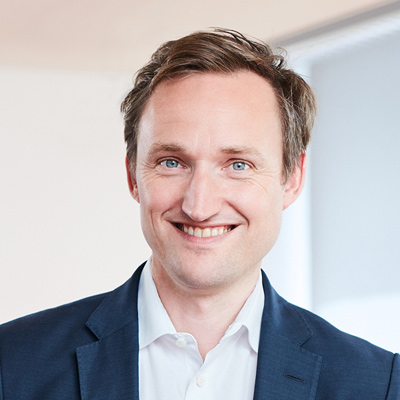Blockchain and Patents
What is the blockchain?
A blockchain is a continuously expandable list of data records (mostly transactions, e.g. money, shares or other assets), which are chained together by means of cryptographic methods. Transactions between two parties can thus be recorded efficiently, verifiably and above all permanently.
If a transaction is to be carried out, it is transmitted to a peer-to-peer network of computers, which uses algorithms to validate both the transaction and the user status. Once the transaction is validated, it is combined with other transactions and packaged into a new data block, which is then added to the existing blockchain. The transaction is then considered to be completed. Each of these data records or blocks contains a cryptographically secure hash value of the previous block, a time stamp and the transaction data.
The blockchain technology is attractive for many different industries due to its possible applications. It has the potential to open up new ways of networking and recording information across all technology areas. For example, it is possible to use the technology to make supply chains more traceable.
Application for a blockchain patent
Given the way blockchain technology works, obtaining a patent based on algorithms is equivalent to obtaining a software patent. In addition to the requirements of novelty and inventive step, an invention implemented in software must have a technical character as a whole. The requirements of novelty and inventive step must be satisfied by features that contribute to the technical character.
According to the European Patent Office, blockchain innovations are in principle patentable as far as they concern cryptography, computers and networks, have a technical effect and the above-mentioned requirements are fulfilled.
Patent attorneys support their clients in the question of whether a blockchain innovation is protectable and also advise on alternative protection options. For companies active in the field of blockchain technology, the establishment of a patent portfolio can also be a strategic consideration.
Rising number of patent applications
The number of patent applications in the blockchain area has been steadily increasing since 2013 (72 applications), but especially in the last 5 years. In 2018 there were already 4,673 applications worldwide. (Source: IPlytics)
Applications for blockchain patents come from both start-ups and established technology companies. Regionally, most applications for blockchain innovations have been filed in the USA, followed by China and Great Britain.
Outlook
Blockchain technology also has great potential for managing intellectual property rights. The idea here is to record all IP rights "on the blockchain". We will report on this in one of our next blogs!
Regarding Justus Kreuels:

Justus Kreuels, German and European Patent Attorney since 2011/2012, studied mechanical engineering at the TU Munich and the RWTH Aachen. He is co-founding partner of karo IP. A main focus of his practice is the enforcement of intellectual property rights in the field of mobile communication, Internet of Things (IoT), robotics, etc. in Germany.
